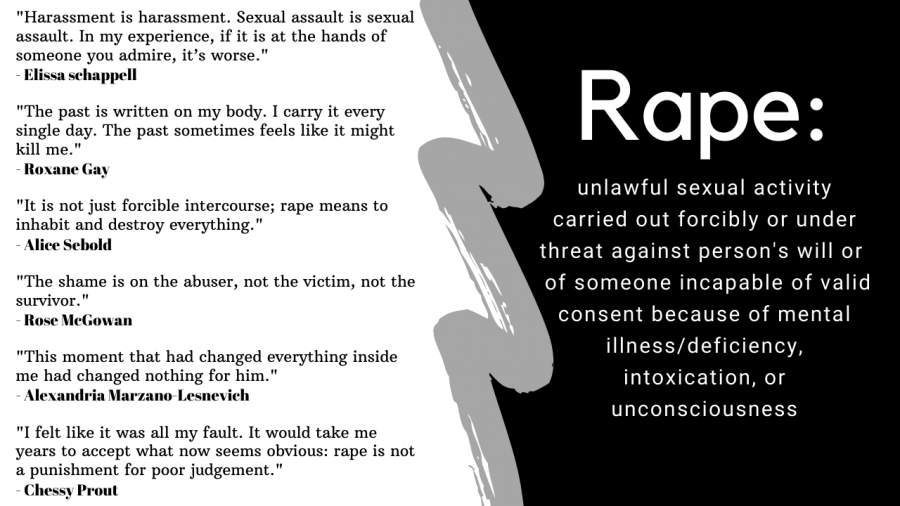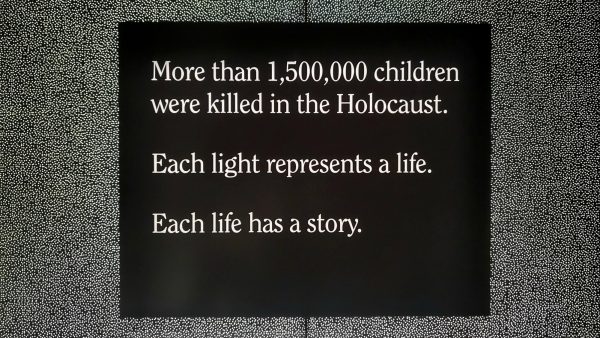Sexual assault has much broader definition than many women realize
Rape and sexual assault is not always cases of strangers dragging someone into a back alley. Sometimes, facing the attacker means facing a person who claims to love their victim.
Harvey Weinstein’s recent trial and conviction is changing the conversation about how society interprets and defines sexual assault and rape. This change is vital—especially for girls who may not even realize that their experience could be defined as assault.
As Washington Post columnist Monica Hesse points out, rape has often been portrayed in books, television, and movies as a stranger dragging someone into an alley and attacking them; but that’s only half of the picture. Think of it like an iceberg, the top half is visible (a stranger attacking someone), but there’s an entire layer under the surface that isn’t acknowledged.
That hidden layer holds the cases of domestic sexual violence as well as the cases that leave a victim questioning if their experience actually “qualifies” as assault. Although acts of sexual violence are often depicted as situations where the attacker uses a weapon or extreme force to carry-out their assault, this isn’t always the case.
There are plenty of cases that begin as consensual sex. Sex can turn into assault if a partner removes or tampers with a condom without consent.
It is also worth noting that just because someone consented once, does not mean that their consent continues to apply in the future. Consent can be given at any time and it can be taken away at any time.
According to RAINN (Rape, Abuse, and Incest National Network), only 19.5 percent of sexual violence is carried out by strangers; 39 percent is actually committed by acquaintances and 33 percent is committed by a current or a former romantic partner.
It is also not uncommon for women to stay with their partner after an act of sexual violence because they feel like they are at fault for the abuse or have been convinced that their partner loves them. Additionally, people do not like to admit to themselves or others that their experience classifies as assault.
“When you’re in a relationship, you’re invested,” Policy Director of the National Domestic Violence Hotline Qudsia Raja said. “You end up justifying it.”
Psychologist Lisa Aronson Fontes agrees with Raja. “Many victims do not interpret what is happening as sexual violence,” Aronson Fontes said.
*The RAINN hotline is 800-656-4673 for anyone who may need help*
Hits : 6602
Jade is a senior at Watkins Mill High School and Editor-in-Chief for The Current. She is a four-time varsity girls volleyball player and involved many...











